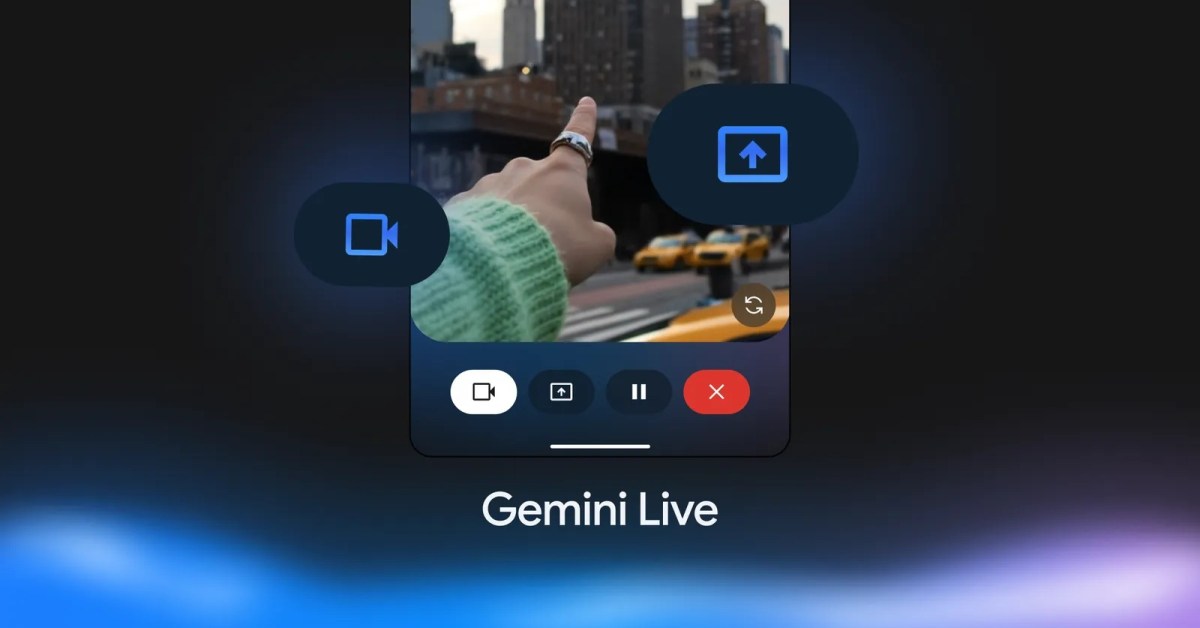Breaking: Gemini Live Unleashes Game-Changing Feature, Now Free for All Users

Google's Gemini Live Screen-Sharing Feature: Now Free for All Android Users
In a surprising turn of events, Google has decided to make its innovative Gemini Live screen-sharing feature completely free for Android users, reversing its initial plan to lock the functionality behind a paywall.
Originally, the tech giant had intended to restrict access to this cutting-edge feature, potentially limiting its reach to only those willing to pay a premium. However, recognizing the potential value and user demand, Google has opted for a more inclusive approach.
The Gemini Live screen-sharing feature will now be available to all Android users at no additional cost, making it easier for people to collaborate, share experiences, and communicate more effectively through their mobile devices.
This decision demonstrates Google's commitment to enhancing user experience and making advanced technological features more accessible to a broader audience. Android users can now look forward to seamlessly sharing their screens with colleagues, friends, and family members.
Stay tuned for more details about the feature's rollout and potential updates in the coming weeks.
